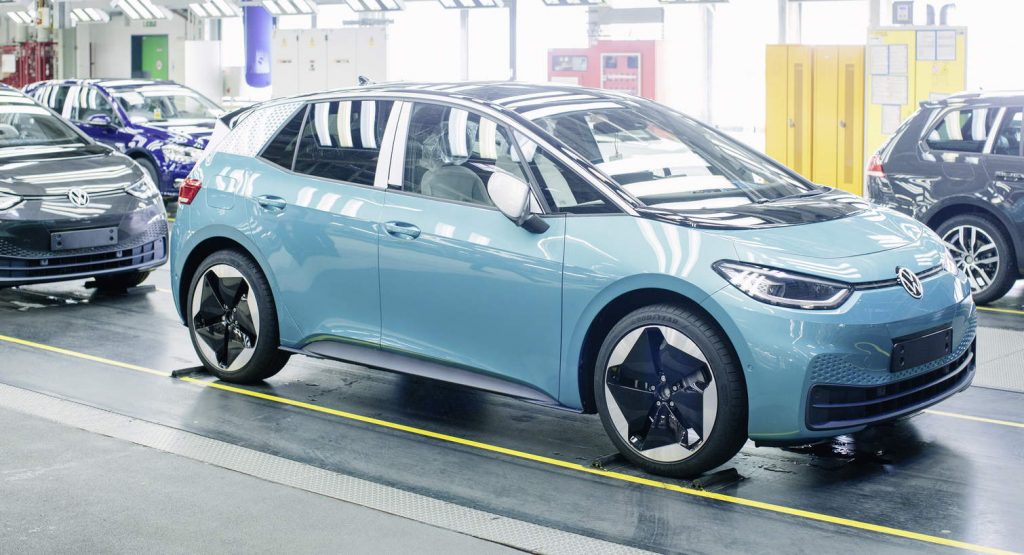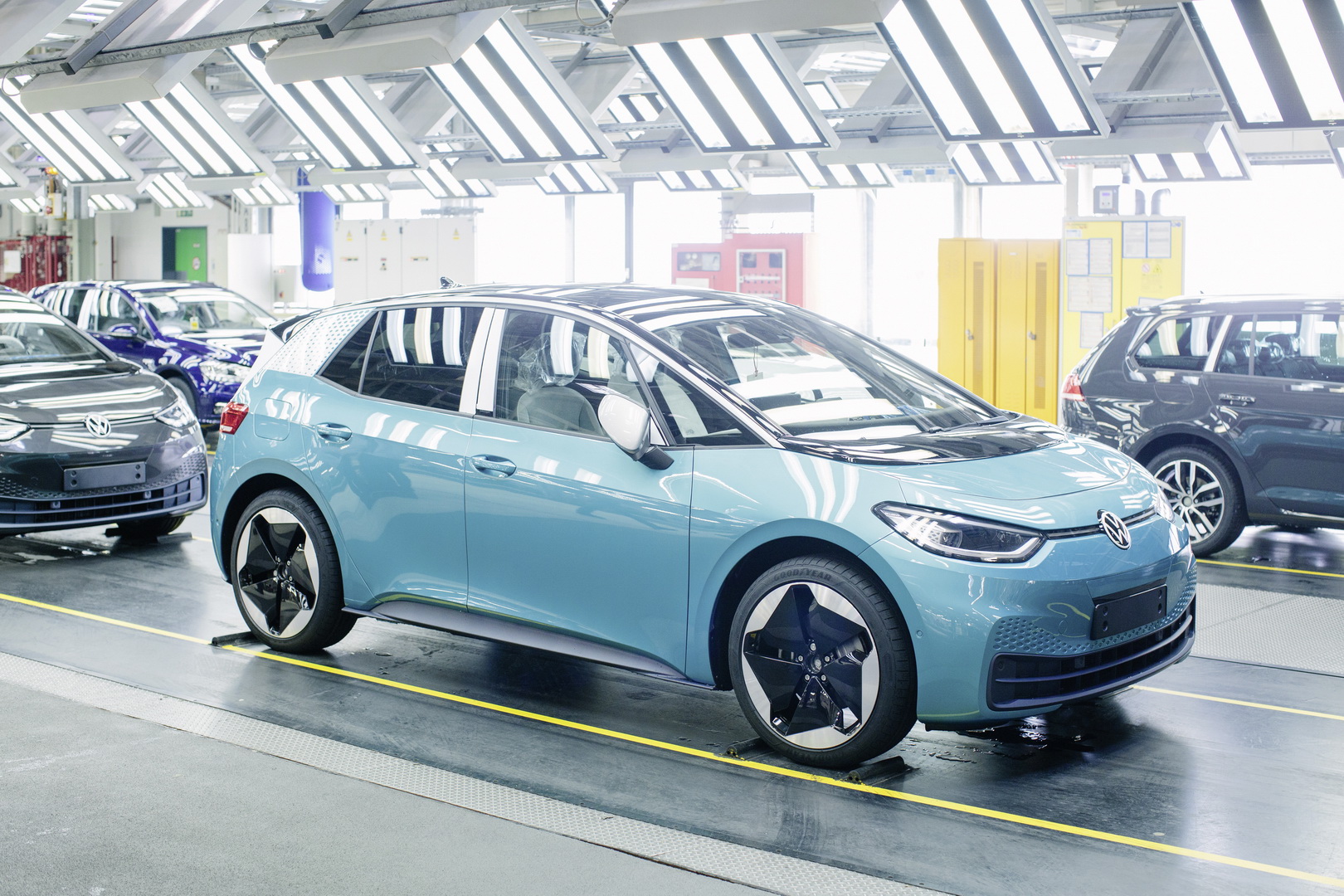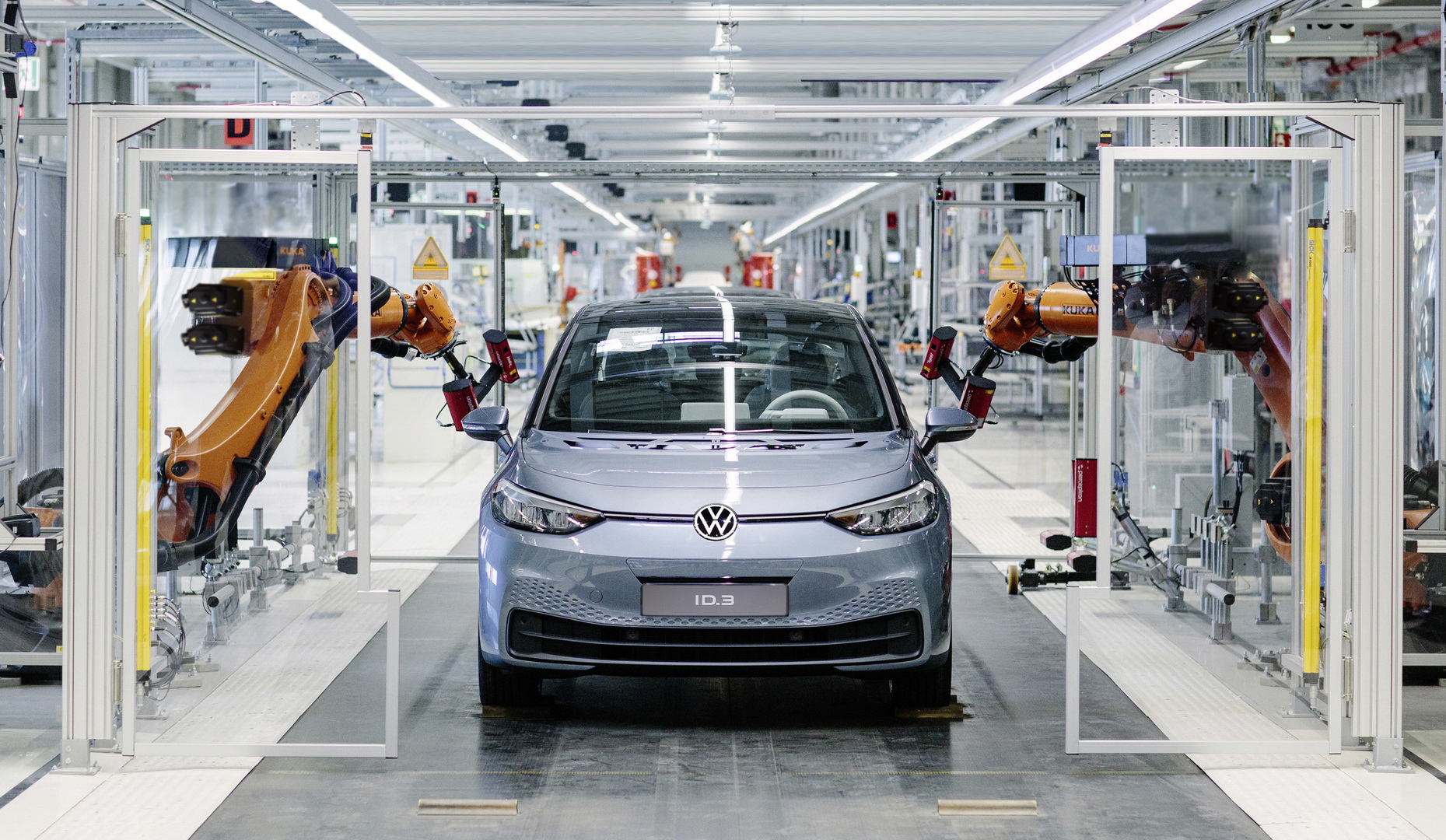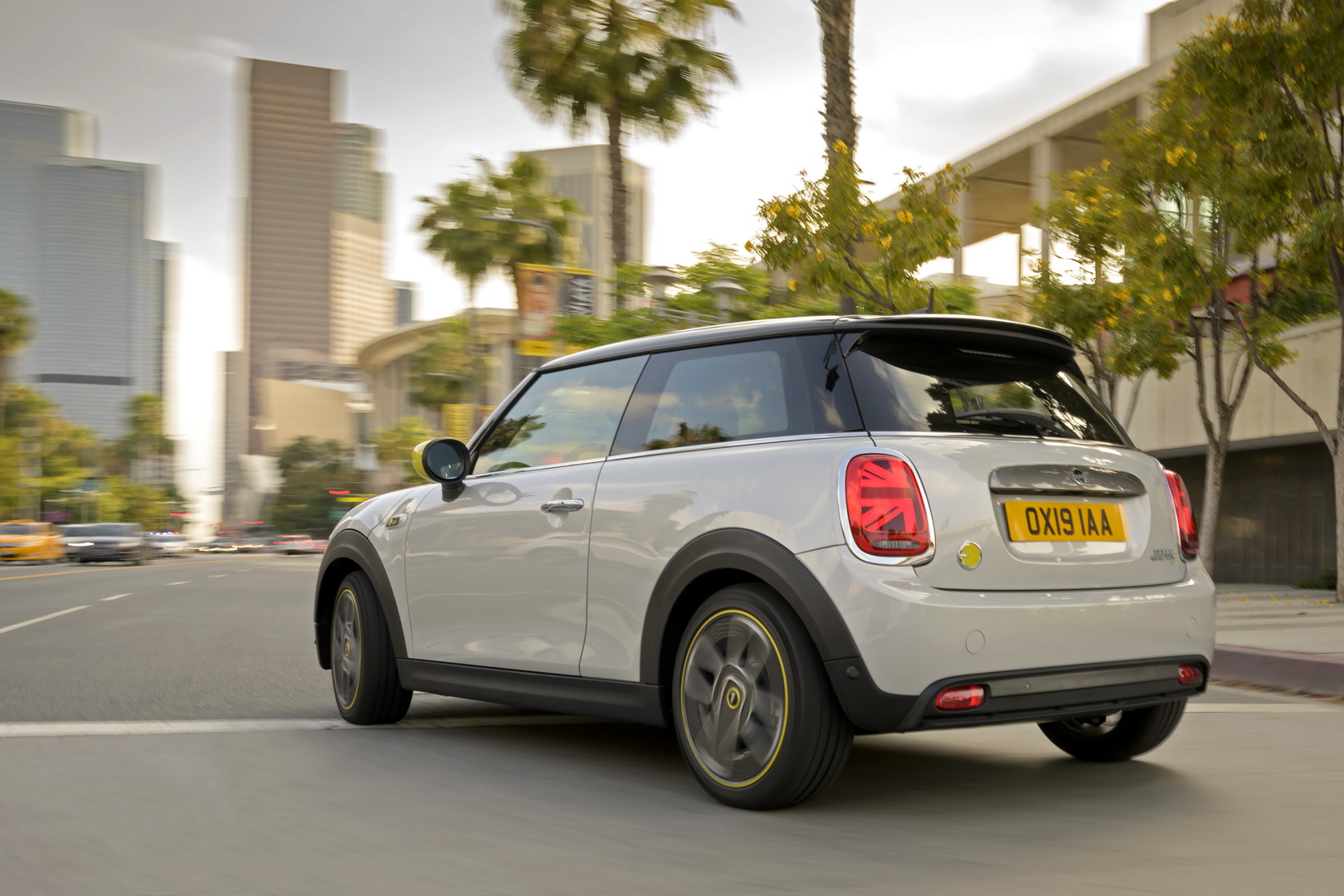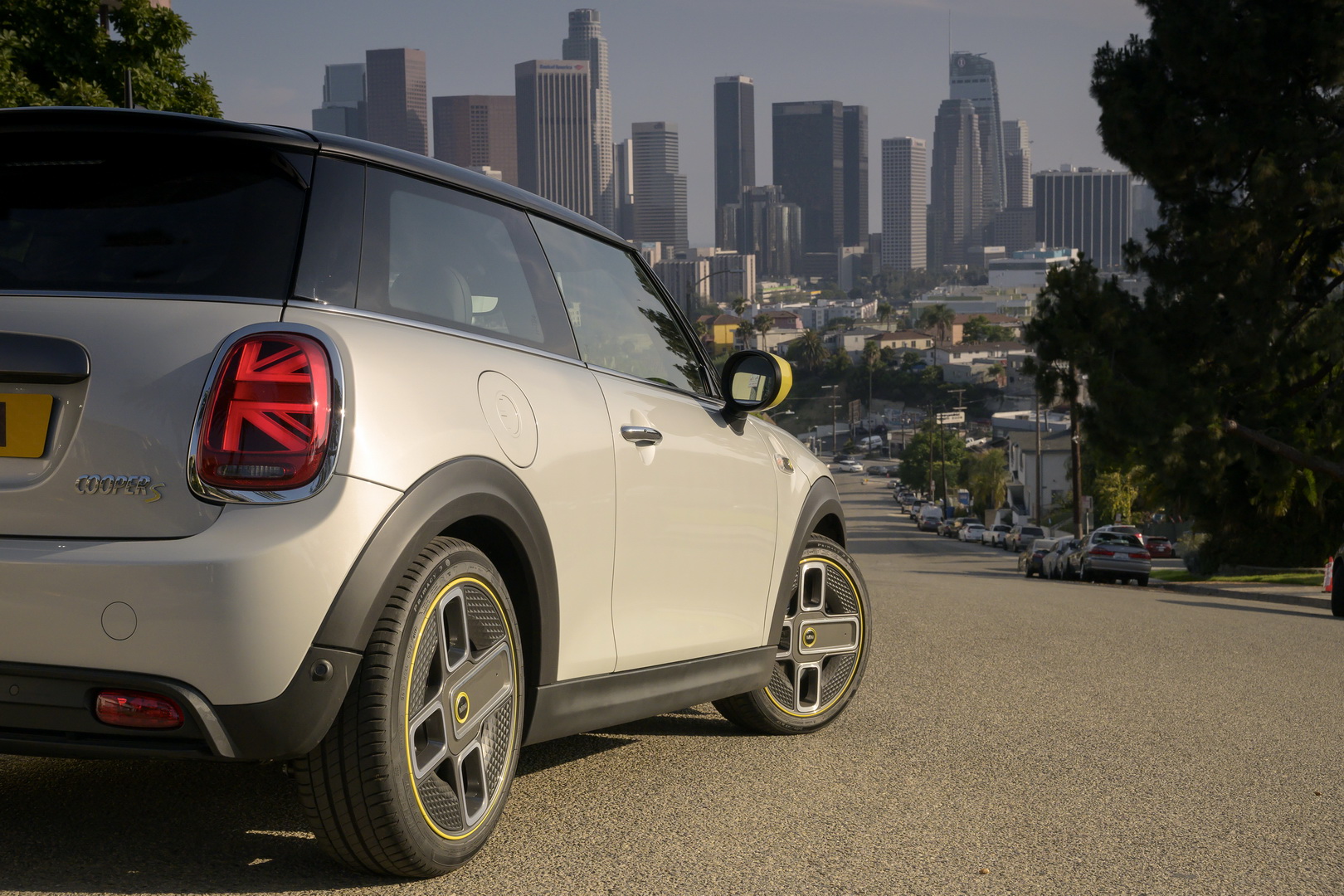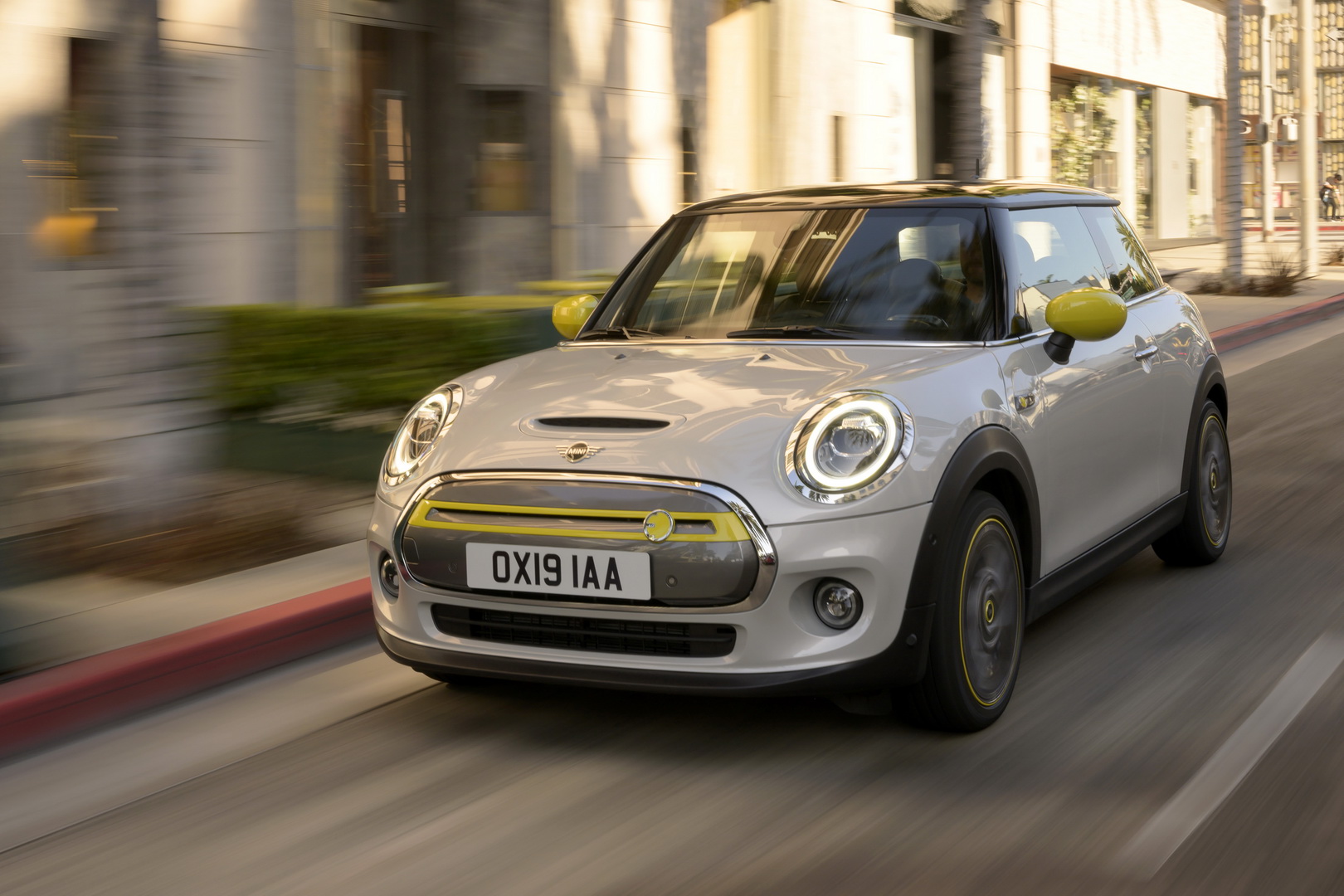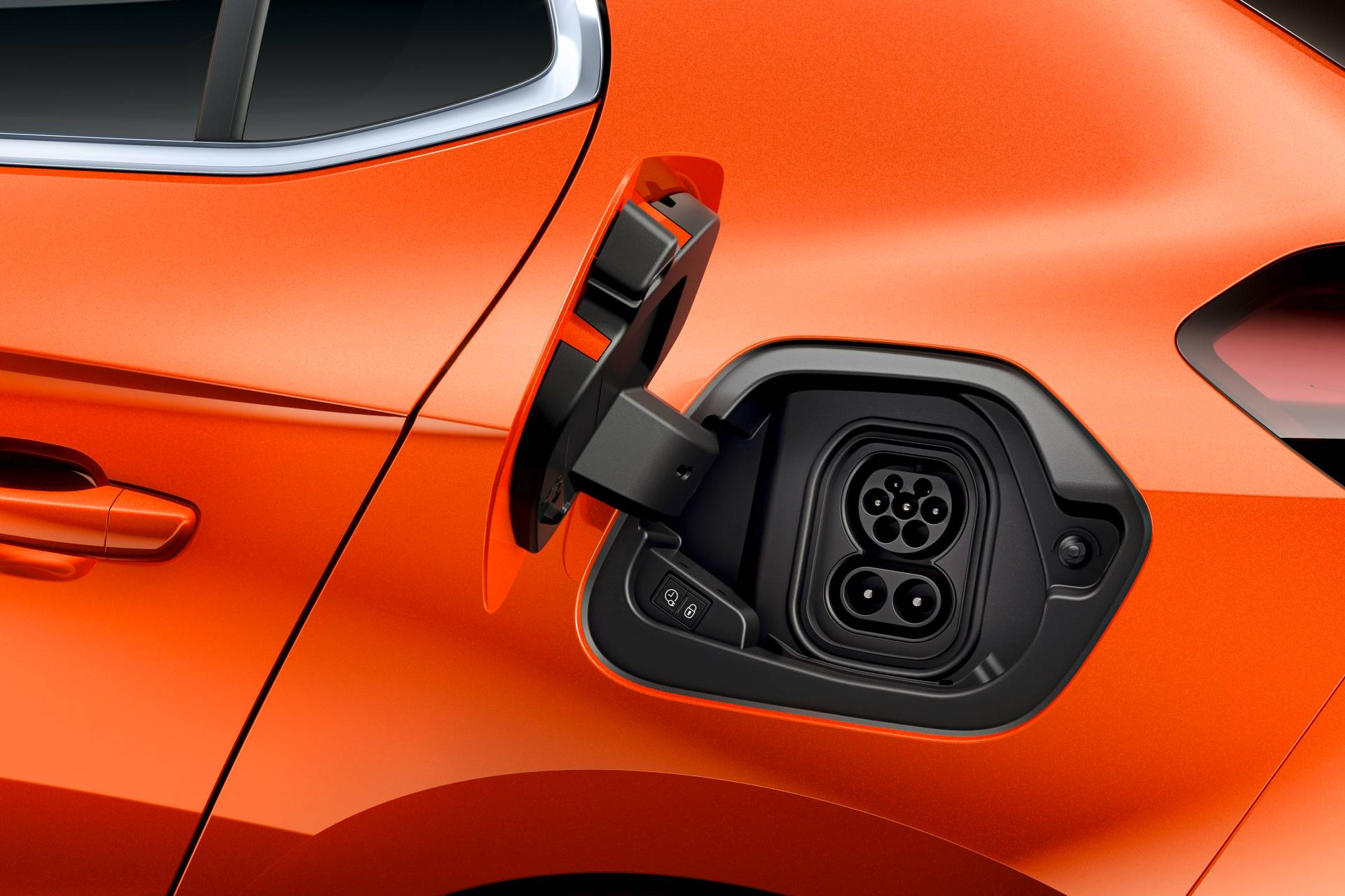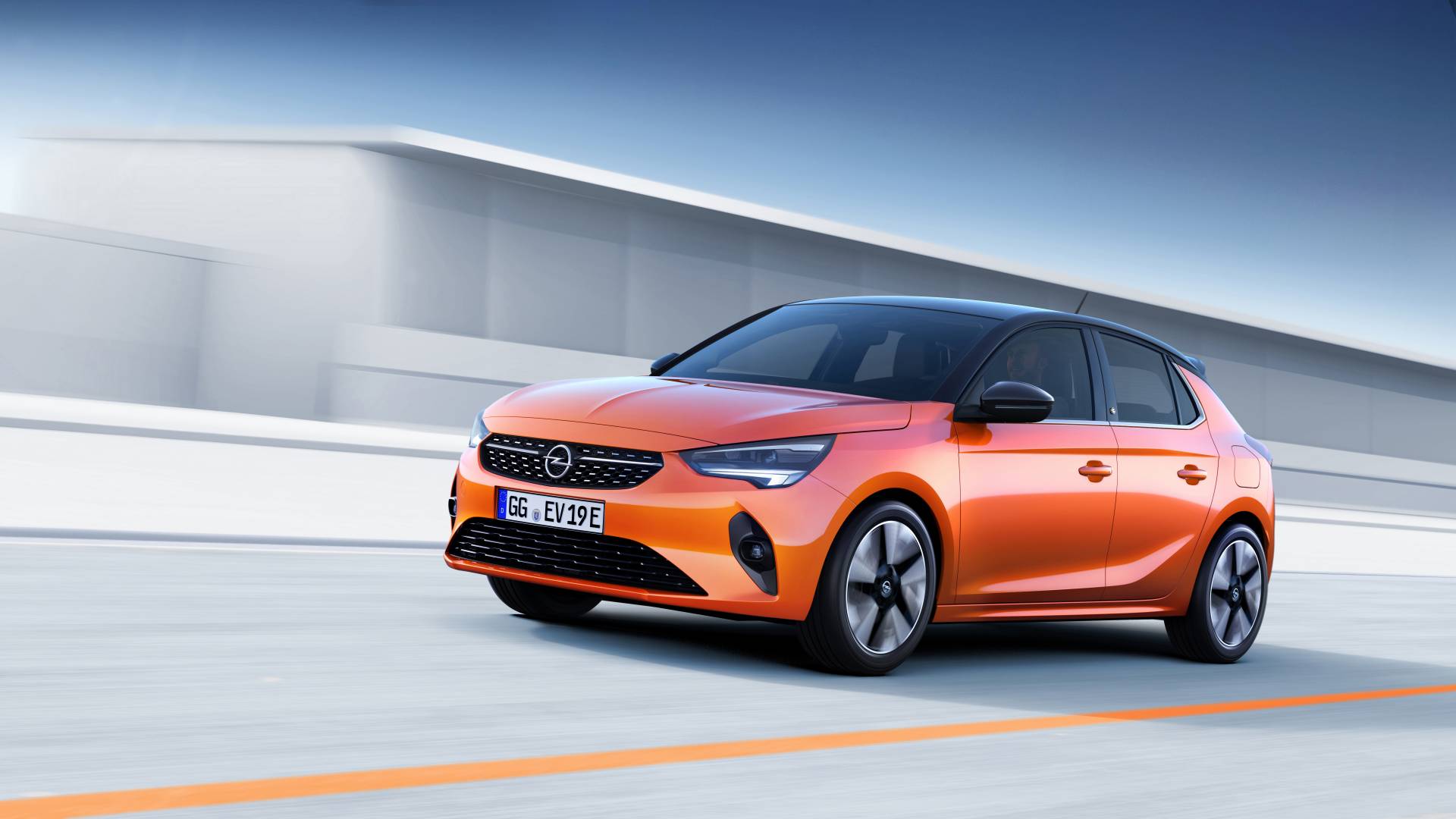Some automotive analysts believe 2020 will be the year of the electric car thanks to a new wave of EVs coming from Europe’s leading car manufacturers, The Guardian reports.
Data firm IHS Markit says that the number of electric vehicles available to buyers in Europe will jump from fewer 100 to 175 by the end of next year. The selection will continue to grow in the years to come, and by 2025, there are expected to be more than 330 EVs available in Europe.
With the increased number of EVs available, sales are expected to follow suit. In 2019, sales of electric vehicles accounted for 3.4 per cent of sales. This is expected to jump to 5.5 per cent, totaling approximately 131,000 vehicles. Electric vehicle sales will continue to rise and by 2026 will account for roughly one-fifth of sales. Across the European Union, EV sales are tipped to jump up from 319,000 units in 2019 to 540,000 in 2020.
A Tiny EV: Toyota To Show Production-Ready Ultra Compact BEV In Tokyo, Sales To Begin In Late 2020
A selection of new rules will come into law in the European Union on January 1 that will heavily penalize car manufacturers if average carbon dioxide emissions from vehicles exceed 95g per kilometer. Should companies exceed this limit, they will need to pay a fine of 95 euros ($105) for every gram over the target multiplied by the total number of cars sold.
Despite such rules, they aren’t expected to have a considerable impact on the sales of EVs. This is largely because car manufacturers successfully lobbied for a rule which means vehicles emitting less than 50g of carbon dioxide per kilometer are eligible for super-credits. This means every EV sold essentially counts as two cars, making it far easier for carmakers to meet fleet-wide emissions targets without aggressively ramping up production of EVs.
Nonetheless, new electric vehicles such as the VW ID.3, Mini Cooper SE, and Vauxhall Corsa-e will offer customers affordable alternatives to ICE-powered rivals when they hit showroom floors next year.







